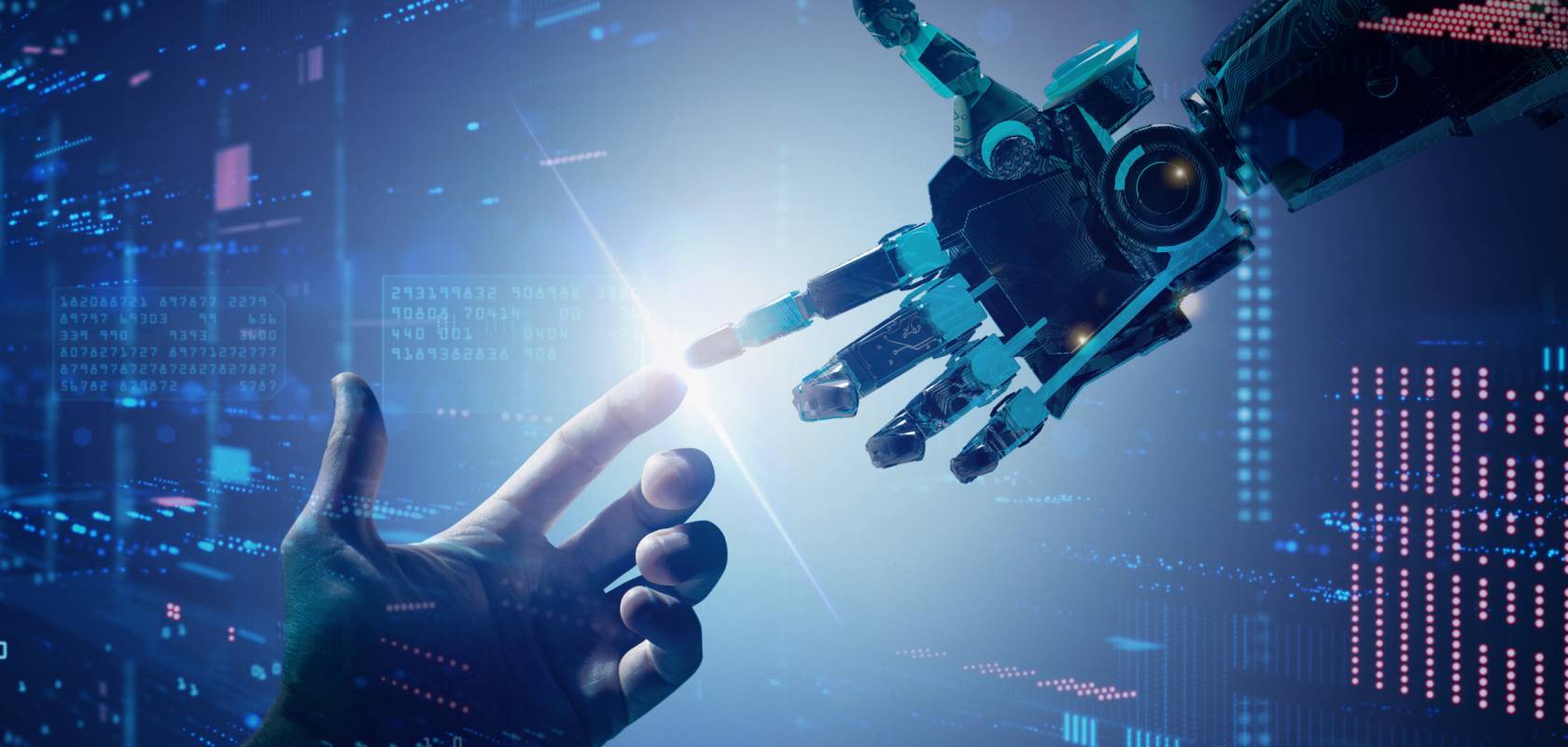
The Future of the workplace:
how robotics and AI are changing our daily lives
The development of robotics and artificial intelligence already has an enormous impact on our workplace and will continue to gain even more significance in the future. From automating production processes to virtual assistants and autonomous vehicles, the possibilities of technology are endless. In this article, we take a look at the impact of these developments on our daily lives and the future of the workplace.
Automation and Efficiency Improvement
One of the most obvious applications of robotics and artificial intelligence is the automation of production processes. Robots can perform tasks faster, more accurately, and without interruption, leading to higher productivity and efficiency. In the manufacturing industry, numerous jobs have already been replaced by robots, but this has also led to the emergence of new jobs in areas such as programming and maintenance of robots.
Robotics and artificial intelligence are also increasingly being used in other industries, such as retail or healthcare. In supermarkets, for example, robots can restock shelves and take orders. In healthcare, robots can assist with patient care or support doctors in making diagnoses.
Read more:
Human-Machine Collaboration
In the future, the collaboration between humans and machines will become increasingly important. While machines take on certain tasks, other activities will still have to be performed by humans. In the future, it will be necessary for humans and machines to complement each other and work together on tasks. For this to happen, humans and machines must be coordinated and understand each other. To enable this collaboration, interfaces between humans and machines are being developed. These will allow humans to interact with machines and control their behavior. Technologies such as speech recognition and gesture control will play an important role in this.
Virtual Workplaces
Another trend that will shape the future of the workplace is virtual workplaces. Thanks to digitization and the advancing technology, it will be possible to work from anywhere in the world. Meetings and collaboration will increasingly take place virtually.
Virtual work offers many advantages. Companies can access a larger pool of workers and are not restricted to the availability of workers in a particular location. For employees, virtual work also offers benefits, such as the ability to better balance family and work.
Artificial intelligence will influence the future of work
Robotics and artificial intelligence will fundamentally change our workplace in the coming years. Although some jobs have already been replaced by the automation of production processes, the technology will also lead to the emergence of new jobs in areas such as programming and maintenance of robots. This development presents challenges and opportunities for both companies and employees. Companies must prepare their employees for collaboration with machines and the new working conditions. Employees must adapt to a changing work environment and possibly retrain.
The development of robotics and artificial intelligence poses significant challenges but also offers many opportunities. Companies must invest in technology and train their employees accordingly. Employees must adapt to a changing work environment and, if necessary, retrain. Ultimately, the collaboration between humans and machines will shape the future of the workplace and open up new possibilities.